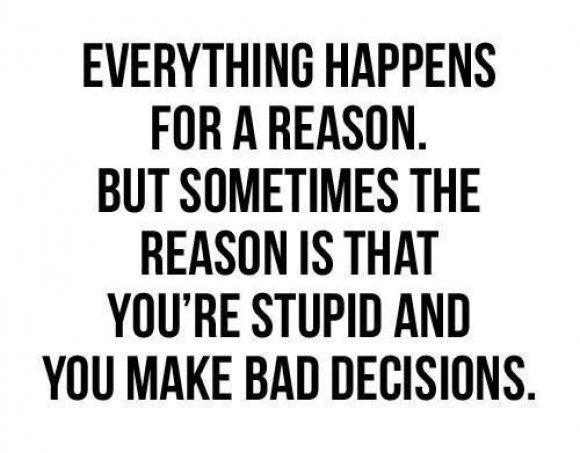 Here are twelve mistakes that contribute to poor decision making.
Here are twelve mistakes that contribute to poor decision making.
- Selective Search for Evidence: Gathering facts that support pre-determined conclusions, but disregard other facts that support different conclusions.
- Premature Termination of Search for Evidence: Accepting the first alternative that looks like it might work.
- Inertia: Being unwilling to change old thought patterns.
- Selective Perception: Prematurely screening out information not assumed to be useful.
- Wishful Thinking: Wanting to see things in a positive light.
- Recency Effect: Putting undue attention on recent information and experience while minimizing the value of information collected in the past.
- Repetition Bias: Believing what’s been stated the most often and by the greatest number of sources.
- Anchoring and Adjustment: Being unduly influenced by initial information that shapes your view of subsequent information.
- Group Think: Conforming to peer pressure or the opinions of the majority.
- Source Credibility: Rejecting input from sources prematurely judged to not be credible (or not “cool” or “in sync with the way you do business.”)
- Attribution Asymmetry: Attributing success to your team’s abilities and talents, but attributing failures to bad luck and external factors.
- Role Fulfillment: Conforming to the decision making expectations others have of someone in your position.


Leave a Reply